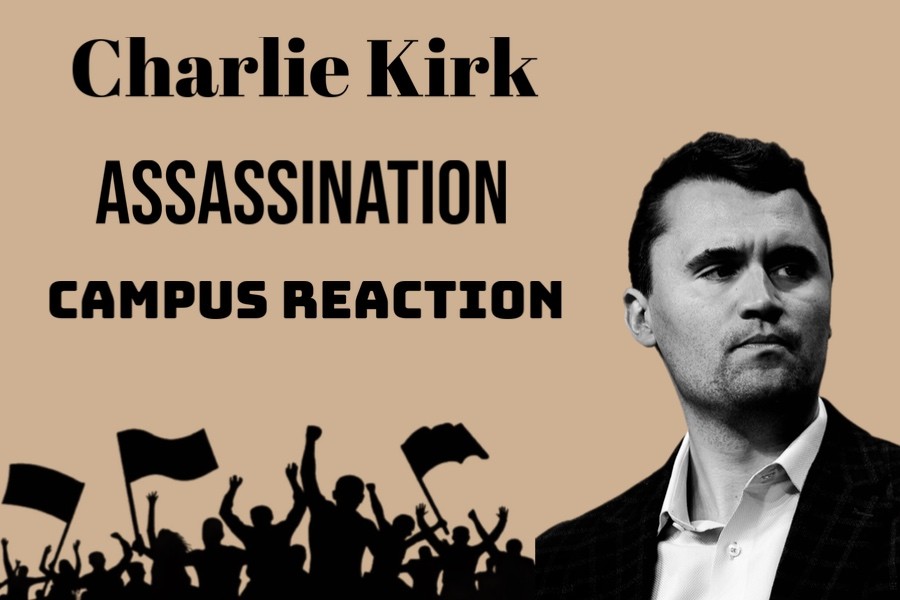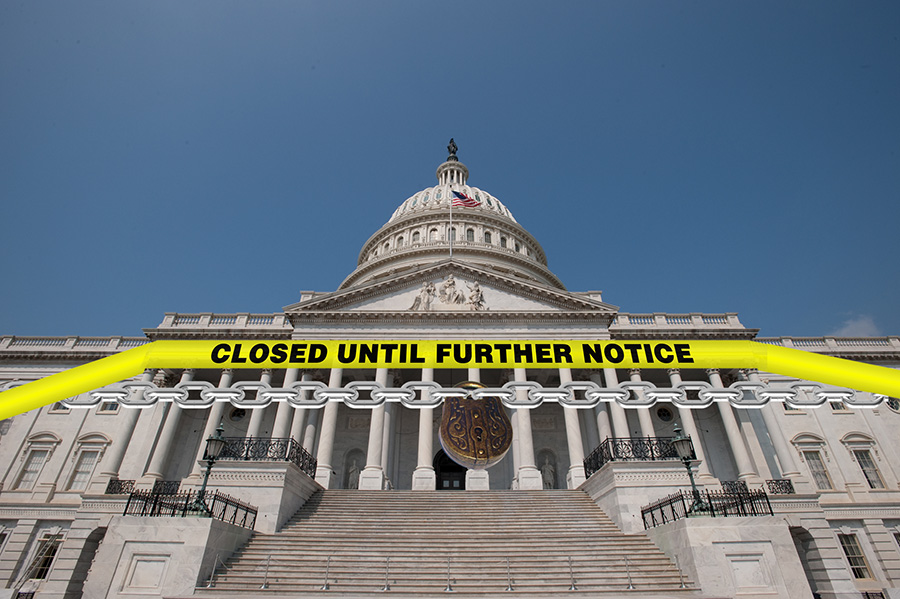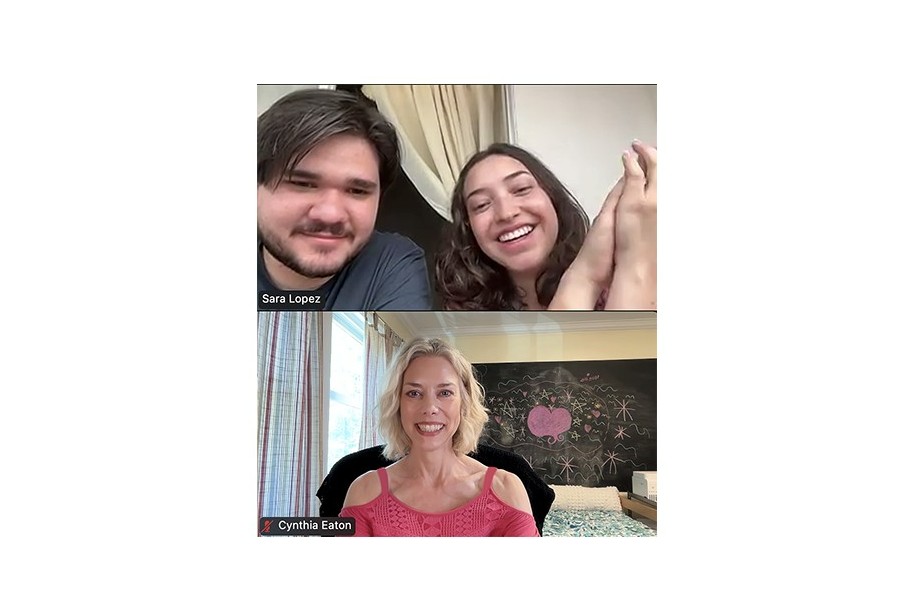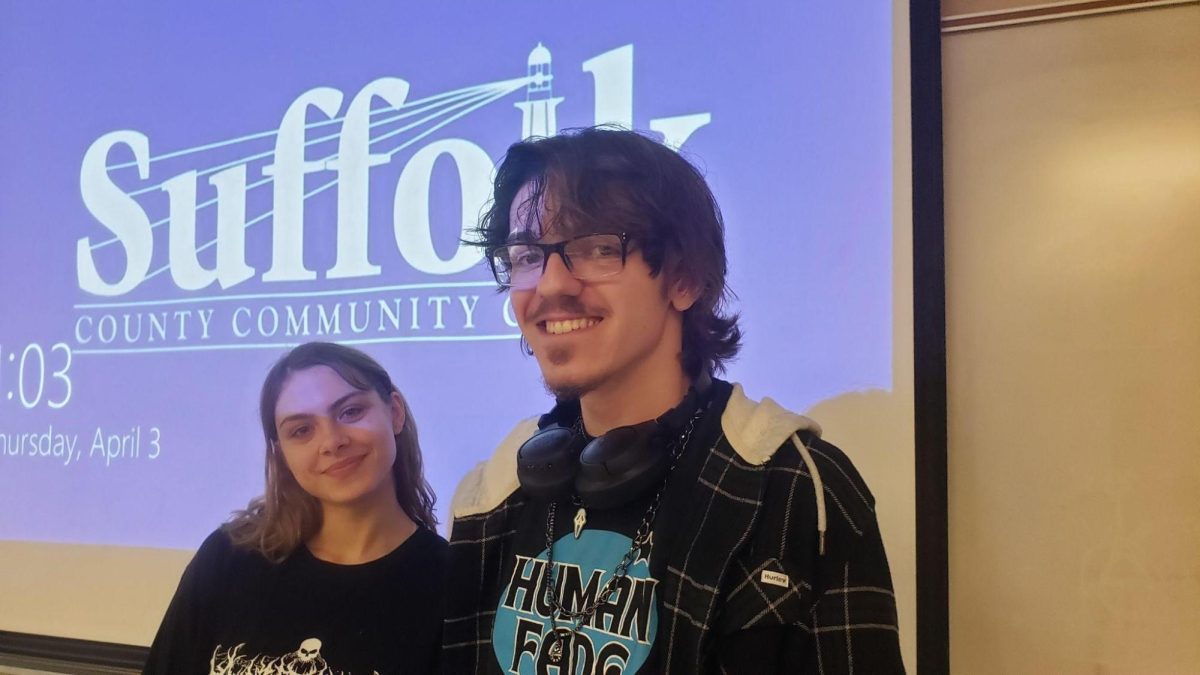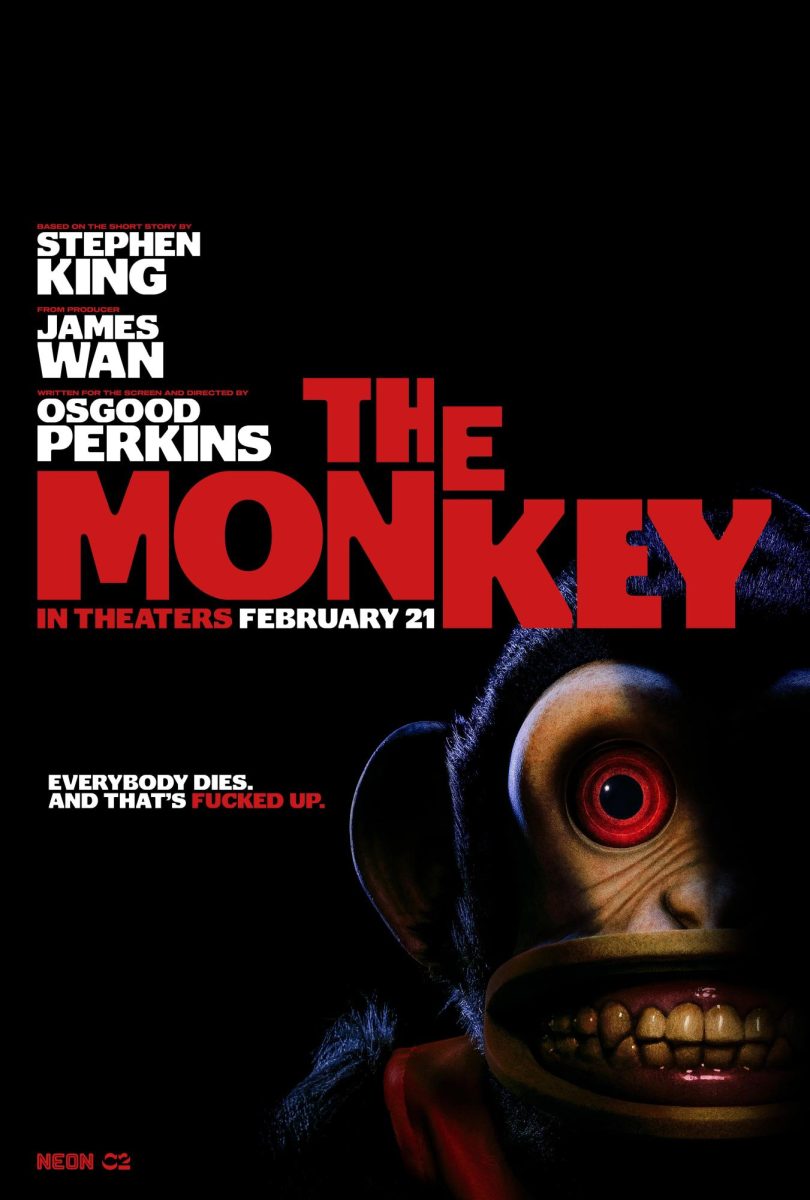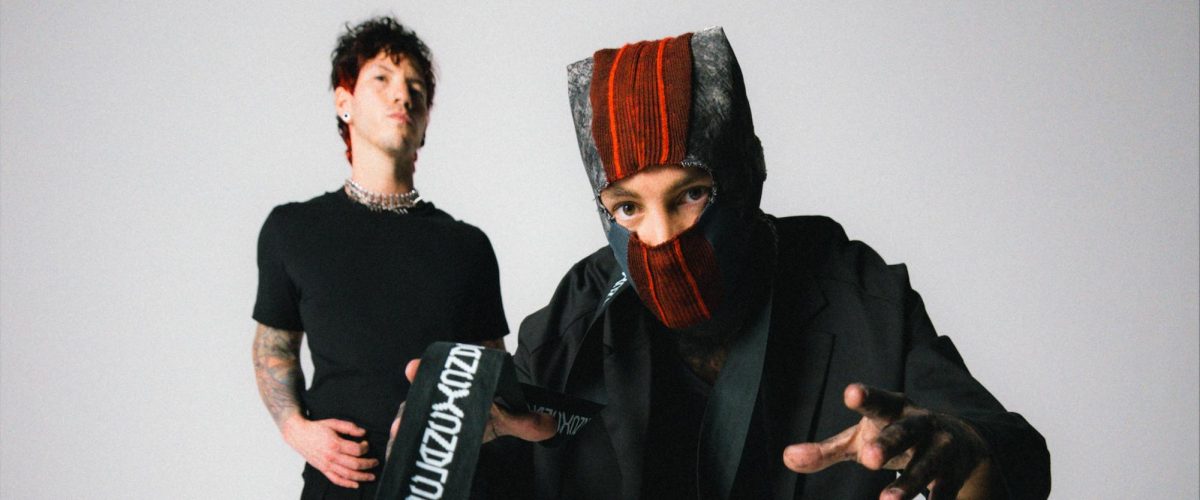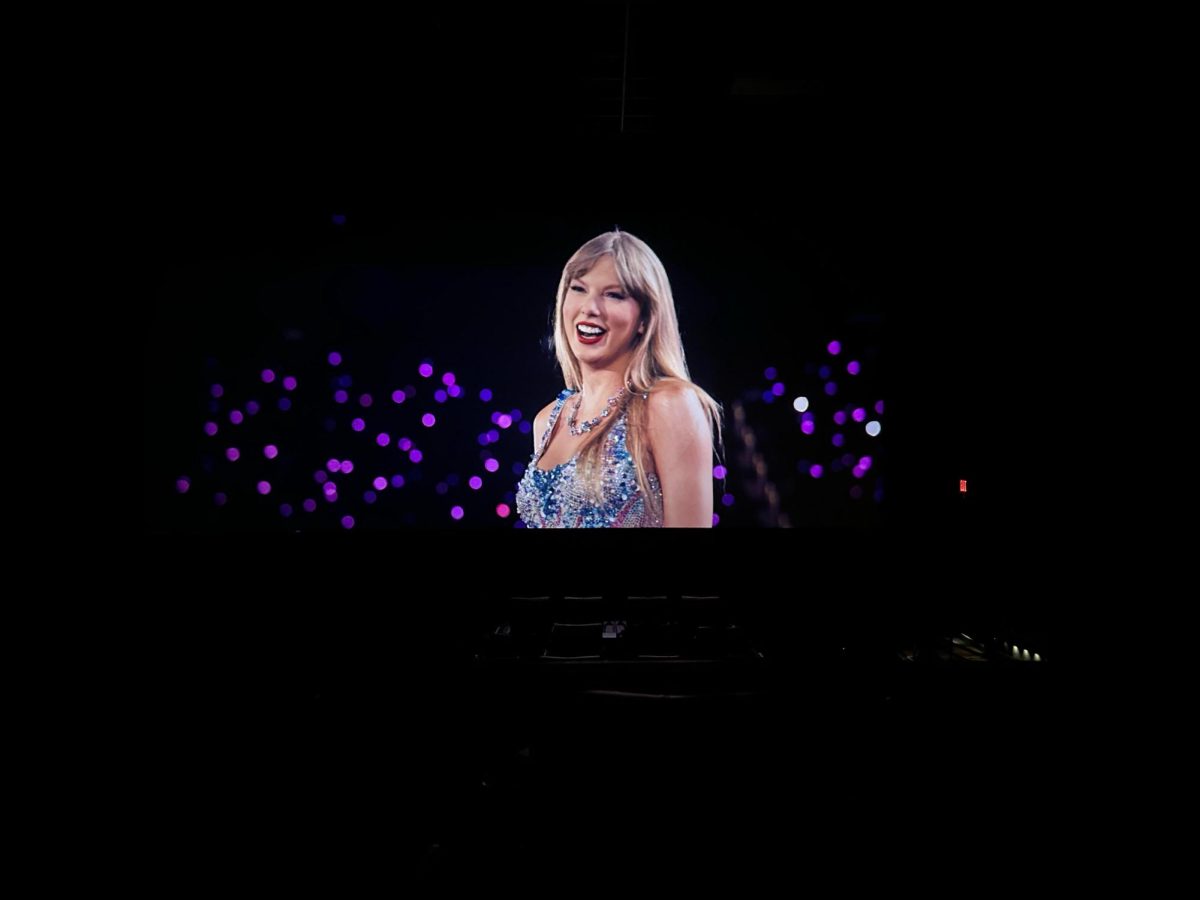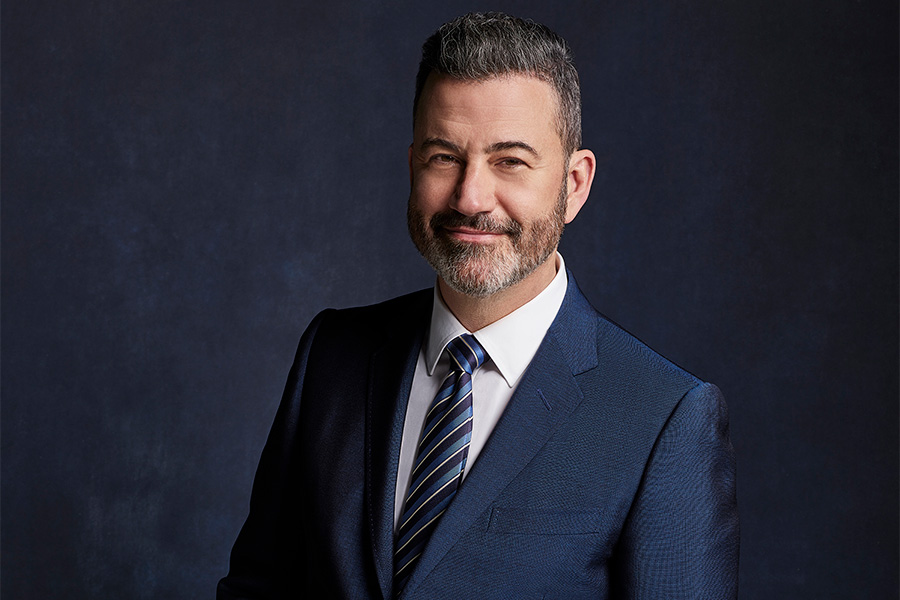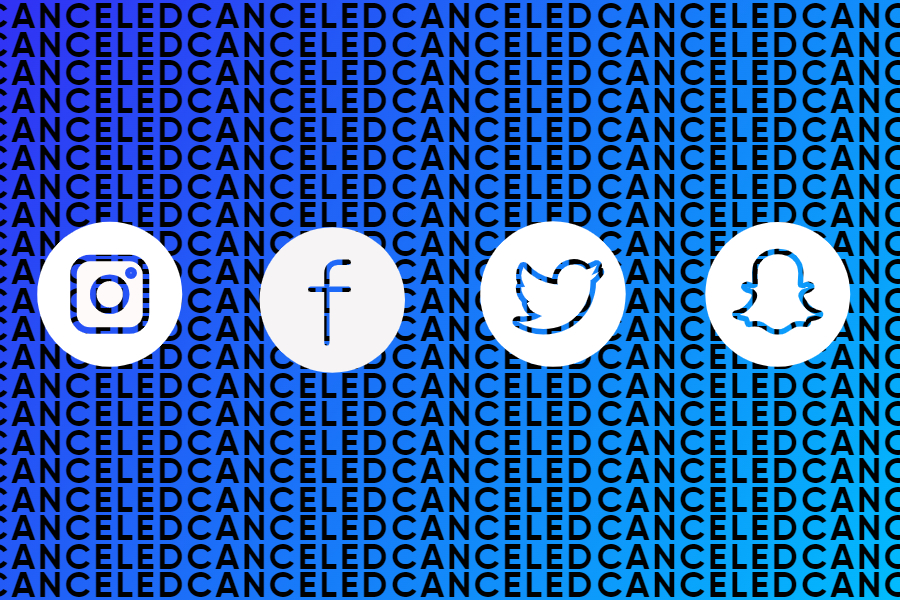Students, Staff Share Their Thoughts On Canceling Within Pop Culture
With cancel culture being in the headlines due to the recent events that took place at the 94th Academy Awards, students and staff gave their take on it and share whether or not it has a place within pop culture.
You are #Canceled! Various social media platforms such as Instagram, Facebook, Twitter, Snapchat, and the newly popular TikTok have become the go-to space for many users to start conflicts with celebrities because the of comments they have said or actions they had committed.
April 11, 2022
It is no secret that social media has been a predominant feature of our ever-growing society. It has especially made the lives of celebrities efficient as it is a way of communicating with their fanbase, promoting collaborations with big named brands, and sharing their everyday thoughts and memories on their pages. However, the rise of the phenomenon known as cancel culture, makes their lives a lot more difficult as their actions or even words can easily demote them overnight.
“Cancel culture is a social media narrative or movement to stop supporting a celebrity of any kind for saying or doing something that is deemed disrespectful, offensive or a crime to the public,” said Carl Coulanges, a radio and television professor at the Ammerman Campus and a podcast host.
According to Merriam-Webster, cancel culture is known to be the practice or tendency of engaging in mass cancelation as a way of expressing disapproval. The media has seen a great increase in cancelation over the past couple of years and it doesn’t seem like it’ll die down any time soon. Especially after what happened a couple of weeks ago at the 94th Academy Awards between actors Will Smith and Chris Rock.
For those who may not know, here’s a recap: While on stage about to present the award for best documentary at the Oscars, comedian-actor Chris Rock began delivering what seemed like a regular scripted monologue until he poked fun at Will Smith’s wife Jada Pinkett Smith’s hair, saying “G.I. Jane 2, can’t wait to see it.” This did not settle well with her as she is currently suffering from alopecia, a health condition that causes hair loss. Seconds after, Smith is seen walking up to Rock and shockingly, slaps him across the face. He explicitly yelled at Rock to not speak about his wife. Shockingly, Smith took how the award for Best Actor in his latest role in the movie King Richard.
Following this incident, people took to their socials and began debating as to whether or not that was the right move made by Smith or it was disrespectful. With that, came the canceling process. Smith has slowly been demoted by headlines as his upcoming projects with the production company, Netflix was placed on hold and according to the New York Times, was recently barred from all Oscars events for 10 years. For Coulanges, it is a touchy subject for him because he has been a long-time fan of Smith since his show The Fresh Prince of Bel-Air and his movies.
“I’m really not the person to ask because I do have a bias towards my favorite celebrities. Will could never do wrong in my eyes” said Coulanges. “Will shouldn’t have slapped Chris on national television, that was wrong. Does he deserve to be canceled for it? No, because people are still going to watch his movies, I know I will.”
Cancel culture continues on and on, demoting celebrities, or even on the rare occasion, normal people from their high-status rank and dragging them through the mud until they acknowledge what they have done and apologize for it. If not, then they will continue to be held accountable for their actions. Which begs to ask the question: has to cancel gone too far to expose and demote celebrities?
“Yes, I think the idea has gone too far,” said Samantha Kashata, 19, of Coram, a liberal arts major. “Celebrities nowadays have to watch their every move and they have to be very careful with what they say because if something comes out wrong, it may be interpreted the wrong way. I do think it’s okay for someone to get “canceled” but there is a certain extent to how far it goes.”
From the looks of it, it seems like cancel culture is here to stay and doesn’t plan on leaving anytime soon. “We cancel when we don’t agree with another person’s beliefs,” said Adanna Rivera, 20, of Central Islip, a creative writing major. She further explains that aside from all the turmoil it causes within the media, it does however have its benefits. “In some cases when it is an argument over a person’s basic human rights, it is completely valid to cancel someone.”






